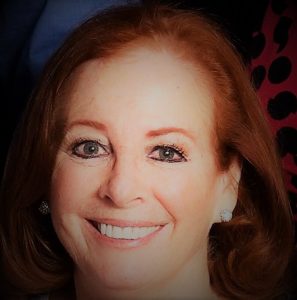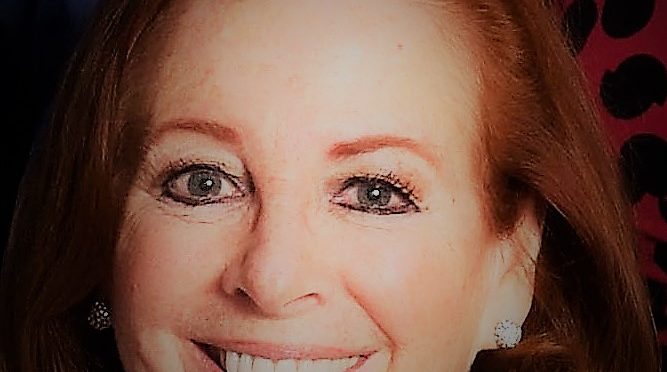
When I read that 10,000 New York Covid-19 victims had died, I could not stop thinking about who logs the names of the deceased and tries to find their relatives. About how long the bodies could be stored in semi-truck freezer vaults. About what kind of burial they would receive. To think that this was playing out 1200 miles from where we live in the Midwest seemed unfathomable. A little research led me to Hart Island, the largest municipal cemetery in the United States and burial ground for over one-million deceased.
Since New York law does not allow for the cremation of unclaimed human remains, the mass-grave site near the Bronx is where “indigent,” Coronavirus New Yorkers (who were not claimed from a morgue within 15 days of their death) are now being buried. City officials hope that when this virus ends, families will retrieve their bodies.
Fresh trenches for the deceased are dug with backhoes in a large pit holding 150 pine boxes that are stacked three-high in two long rows. Hazmat-suited workers lift coffins, some with a name and others with “unknown” written in permanent marker and a carved grave number on the lid.
After April 3rd, paid landscaping contractors buried the bodies. For years before then, jail inmates had the unenviable job. What I found most inspiring was that these inmates, themselves knowing the stigma of being “indigents,” had found ways to honor the dead when they asked correction officers to switch the portable speaker from drum and bass to Mozart.
According to the “Washington Post,” Saxon Palmer, a former inmate who spent four months at the end of 2019 burying bodies on Hart Island, shared how he and his fellow grave diggers dignified the bodies they were burying. “As they moved the coffins out of the coroner’s truck, they’d say ‘rest in peace’ or draw a cross on the pine box, or say goodbye. We’d say, ‘Mr. Rothman, this is going to be your last trip here, we’re going to make it easy for you, nice and slow,’” Palmer said. “We just had a conversation with the coffins in a kind of gentle way.”
I admit, up to that point, I had been rankled that several articles used the word “indigent” to describe the dead, knowing that in God’s kingdom, there is no such thing. No one deserves that label. But then I thought, maybe that’s why the inmates showed such compassion. They knew, first-hand, what it was like to be rejected. They knew, first-hand, what it was like to be treated with no dignity. Perhaps some of them even knew what it was like to be innocent yet be victimized by things out of their control. For some of the deceased, it might have been the first time they had been shown that kind of respect.
So, what do we take from this? We need to see others as God does, He who has “crowned us with glory and honor” (Psalm 8:5), in spite of how we all are sinners and fall short of His glory. (Ro. 3:23) If He can dignify us (yes, you and me), the undignified, maybe it’s time we learn from the “indigent” inmates. Saxon Palmer gave us a great place to start. Maybe we just need to “make it easy” for others less fortunate than us by striking up a conversation “in a kind of gentle way.”
Before it’s too late.
